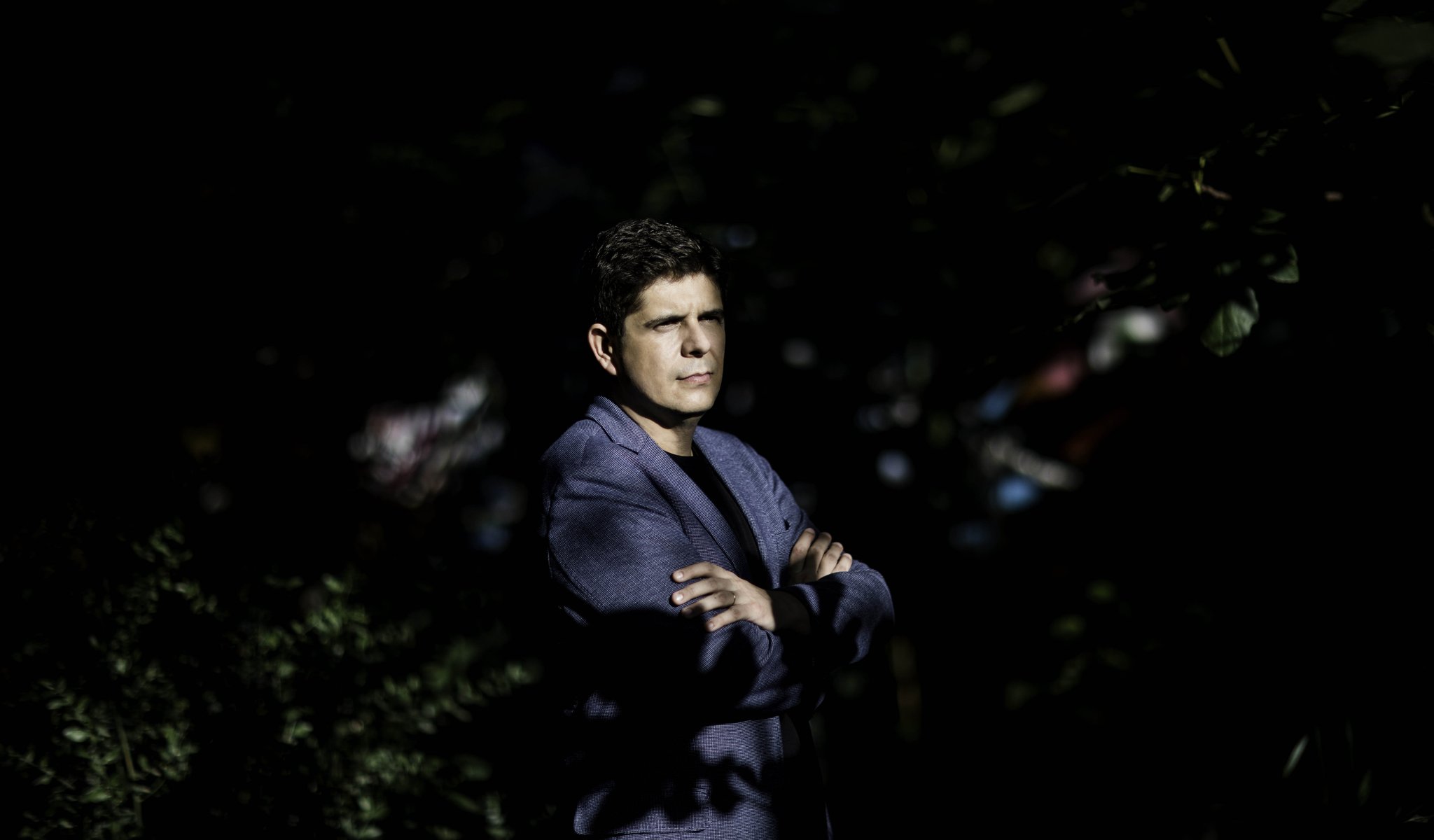

Orchestral concert: Weber, Grieg, Tchaikovsky
Perianes, Orozco-Estrada
Program
Featuring
Other information
The event is about 2.5 hours long.
About the event
A fairy overture composed for England by the founder of German romantic opera; the unique piano concerto of the celebrated composer of the Norwegian nation and the “Fate” symphony of a Russian master fighting his composer’s block – it’s barely possible to put together a more colorful, more international program. The pieces and the performers are of course connected by the universal language of the European traditions of classical music. The output of Weber, Grieg, and Tchaikovsky has always crossed boundaries – although all three of them drew tunes from their respective treasuries of folk music. The piano soloist of the evening is Javier Perianes from Spain, who, in 2019, was chosen Artist of the Year by ICMA (International Classical Music Awards) and the Festival Orchestra is conducted by Andrés Orozco-Estrada, Colombian music director of the Wiener Symphoniker.
Great romantic opera and fairy tale in three acts – so goes the title page of Oberon’s score. Commissioned by Covent Garden, the ailing Weber’s finishing touches were applied to the opera in London. The Overture is based on the melodies of the opera. In the slow introduction, the French horn immediately creates Oberon’s mysterious world, which is further illuminated by the march of the Fairy King. Several themes from the opera follow, citing the leading character’s love song as well as the aria “Ocean, thou mighty monster,” while the supernatural powers never cease watching. Weber composed this storming, hilarious fairy music just a couple of weeks before his death, a fact that gives an even more ethereal touch to the work.
The young Grieg regarded his four years in Leipzig as time spent in prison: still, his studies at the conservatory there soon yielded masterpieces. Composed in 1868, his Piano Concerto in A minor reflects the influence of Schumann in the first place. One of the most popular pieces of all romantic concertos, the work teems with almost over-exaggerated effects, though one also finds the refined settings of a mature maestro. The iconic drum roll and piano passage of the first movement carries the listener away immediately. The slow movement, paying a visit to the world of small, lyrical forms, displays Grieg’s best-loved profile. The Finale, bursting in attacca, lets Norwegian dance music and Lisztian virtuoso playing rule the piano and the orchestra parts alike.
“It is not easy but I try to squeeze out a symphony from my muffled mind” – wrote Tchaikovsky to his brother in the spring of 1888. Towards the end of summer in the same year, he sent this to his patron, Nadezhda von Meck: “It seems to me that I haven’t failed and that is good.” And a little later: “It is a failure. There is something repellent in it.” He was not the only one with ambivalent feelings about the piece, Symphony No. 5 divided the audience, too. The four movements are stuck together by the gloomy Fate motif, first appearing in the slow introduction. The movement, full of themes, is followed by a slow one, rich in melodies, then comes an elegant waltz while light defeats darkness in the Finale.
Did you know? Weber's opera was first performed in London on 12 April 1826, Grieg's Piano Concerto was premiered in Copenhagen on 3 April 1869, with Edmund Neupert as soloist and Holger Simon Paulli conducting, Tchaikovsky's Symphony No 5 was premiered in St Petersburg on 17 November 1888, conducted by the composer. The Festival Orchestra last played Weber's overture on 18 April 2011 (conductor: Leonidas Kavakos), the Piano Concerto on 12 October 2003 (soloist: Yundi Li, conductor: Asher Fisch) and the Symphony on 27 April 2019 (conductor: Manfred Honeck).
Contemporary events French painter Eugène Delacroix completed his painting The Execution of Doge Marino Faliero in 1826 / in 1826, American author James Fenimore Cooper published his novel The Last of the Mohicans / French chemist Joseph Nicéphore Niépce took the first surviving photograph in 1826 / Russian writer Fyodor Dostoevsky's novel The Idiot was published in 1869 / on 22 September 1869, Richard Wagner's opera Das Rheingold was premiered in Munich / in 1869, the English philosopher and economist John Stuart Mill published his work The Subjection of Women / German Emperor Wilhelm II ascended the throne on 15 June 1888 / on 28 October 1888, the drama The Bear by Russian playwright Anton Chekhov was performed in Moscow / in 1888, French painter Paul Gauguin painted his Vision After The Sermon